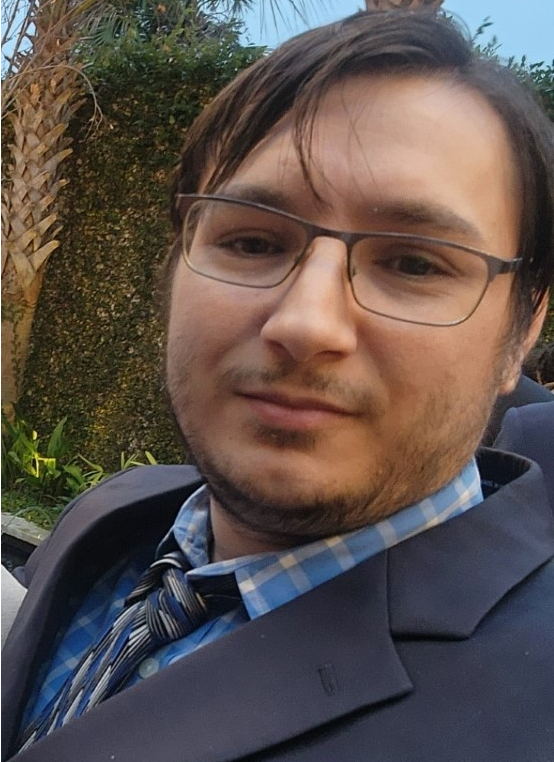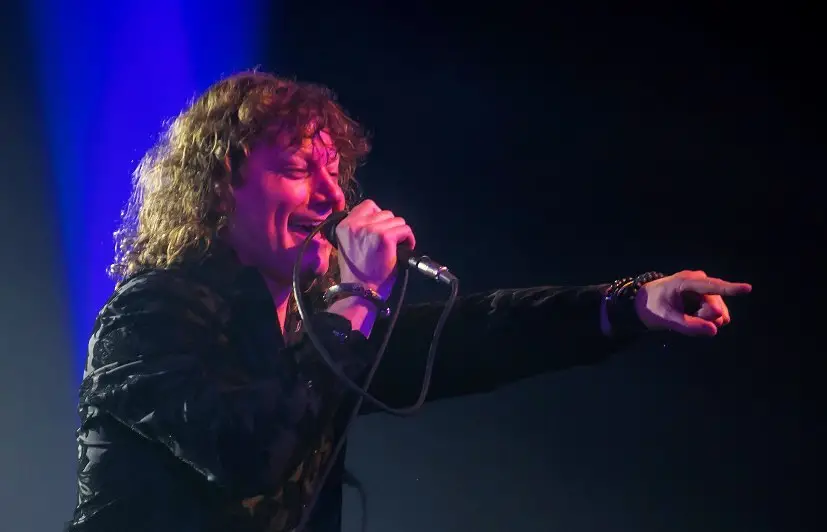All images courtesy of Getty Images/Wiki Commons
The Memphis-native turned would-be Sunset Strip hero recounts Tora Tora’s rise, fall, and re-emergence in this far-reaching interview.

By Anthony Montalbano
anthony17882001@gmail.com
Emerging from the late ’80s hair and glam scenes with their debut album Surprise Attack, Memphis, TN natives Tora Tora hit hard and fast. But was it too late, or would they survive the oncoming onslaught of ’90s grunge, alternative, and pop-punk?
History dictates that those scenes laid to rest hair metal seemingly overnight, with the Sunset Strip seemingly becoming a bare wasteland compared to what it once was. Still, there are many survivors who, after years of toiling in obscurity, are now being allowed a chance to shine once again during the modern-day hair metal revival.
Going back to what they do best with 2019’s Bastards of Beale, old fans will feel right at home, and new fans will too, as the resurgence of ’80s music seems to be full steam ahead, reuniting old bands and influencing new ones such as The Midnight Devils, and more.
In this interview, vocalist Anthony Corder checked with VWMusic recounting Tora Tora’s garage band beginnings in the mid-80s, subsequent albums, disbanding, and reunion 17 years later.
You’ve recently been busy releasing some singles, presumably for an upcoming album.
Yes! We are so excited. We recorded tracks last summer in May and July. We are currently only releasing singles but hope to create something special for future releases for everyone.
Shortly before these singles, you had a full album out, Bastards of Beale, your first album since Revolution Day 1994/2011.
This was our first “new” release since the 1994 Revolution Day sessions. We had a few projects that were some demo outtakes from former projects. It was a great experience; we were so excited to walk into the songwriting and recording process from a “clean slate” perspective.
What led you to finally get the initially unreleased Revolution Day out there?
FNA Records helped us organize some of the existing content. It was a really fun way for us to gather material that was floating all over the place. We used demo recordings and home recordings. It really felt like a scavenger hunt because of the literal cassette tapes and DATs we found in the process. I think people were curious to hear those demos. We spent quite some time writing and recording for that project. We were happy to have something of better quality to be represented out there for the audience. I do see requests for some of those songs, so I think they were digging it.
Did you experience any nerves initially after the reunion?
We were nervous! It had been a long time. We wondered what it would sound like to approach the new songs. We realized quickly when we were together at rehearsal that the four of us together created the “Tora Tora” sound. It felt very comfortable, and we were full of ideas. We genuinely enjoyed working on the project.

All images courtesy of Getty Images/Wiki Commons
You did have a few reunion shows in Memphis between Revolution Day and Bastards of Beale with the original lineup; what was that experience like?
There’s nothing like being home. We were launched and given an incredible opportunity to play music out in support of Memphis. There’s something extraordinary about seeing us perform there. We have a great connection to the community, the city, its heritage, friends, and family. Simply put, it is family.
What was your musical upbringing like?
My family is it. They were very musical on my mother’s side of the family. I would call them “porch pickers.” My mom, two sisters, and their brother are incredibly talented. I thought everybody was at their houses sitting around jamming. It was just part of our family and me as far as I can remember. I never sang around them. [Laughs]. I was very self-conscious and intimidated by no fault of theirs. They were always very encouraging, but it took me a long time before I had enough confidence to do it.
You also play guitar as well. Do you play other instruments, even if not for the band?
I play music by ear. I learn to read notes in middle school. I played the trumpet; I wish I had gone for sax. [Laughs]. I wish I had learned theory. I play the piano well enough to chord and write. My mother plays piano, so I think that was the draw for me. One of our tunes, “As Time Goes By,” on Wild America, was originally a piano song. We actually have a couple on this new session that will be piano based.
Before forming Tora Tora in 1985, were you in any other bands?
I owe my beginning of singing to a friend, Michael McDonald. He was a shredding guitarist and still is. He and I played music together and wrote some songs. I was banging on a couple of drums, and he mentioned we needed to have a singer. I volunteered. We ended up performing at a talent show, and that was it. I ended up auditioning for Keith [Douglas], Patrick [Francis], and John [Patterson], and the rest, as they say, is history.
How did the four of you meet?
We were feeling the influence from the era and from out in California. But Memphis had a thriving original music scene, a young scene supported by a few live music spots and local radio stations. It was a fun time to grow up in. Patrick and I went one high school together. Keith and John went to another high school together. It was actually the reason we had such a large following out of the gate. We were mixing all these kids together at our shows. Keith and Patrick have known each other since they were eight years old. Those two were two super music fans, and they saw many concerts growing up.

All images courtesy of Getty Images/Wiki Commons
In 1989 your debut album Surprise Attack had a lot of success, reaching No.47 on the Billboard 200. What was your touring cycle like for that album?
That was our formative years, and we toured for about two years off that first record. It was such a growing experience for us. We got tight as a band as performers and individually with our instruments. We never wanted to go home; it was so fun until we needed rest, that is. [Laughs].
Between 1994 and the later reunion shows, how did you ride that period out?
We have all been creative through the years. Patrick and I worked on a few projects, and Keith has solo music. I don’t think having a creative outlet is something I could ever turn off. I also started working on the business side of the industry. I think that just made me appreciate the creative avenues more and more. I really think we don’t take it for granted that we get to make music together at this point.
With nostalgia aiding in hair metal’s recent rise, what’s next for Tora Tora?
We are going to keep making music until we can’t. We love the fans and will be continuing to have tour dates. We still enjoy being around each other and creating. You can check out “Little Girl Blue” on all digital outlets and new tunes coming soon. Reach out to us anytime at toratoramusic.com or on our social outlets. You guys take care out there. We hope to see everyone soon.

All images courtesy of Getty Images/Wiki Commons
– Anthony Montalbano is a contributor for www.vwmusicrocks.com and may be reached at anthony17882001@gmail.com





Leave a Reply